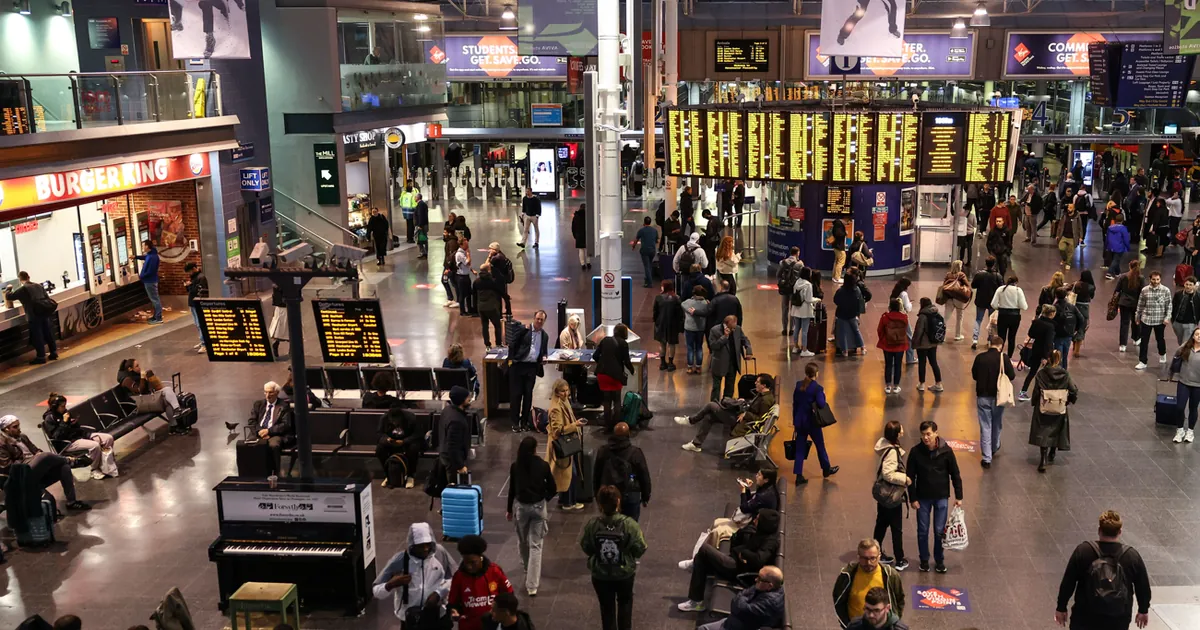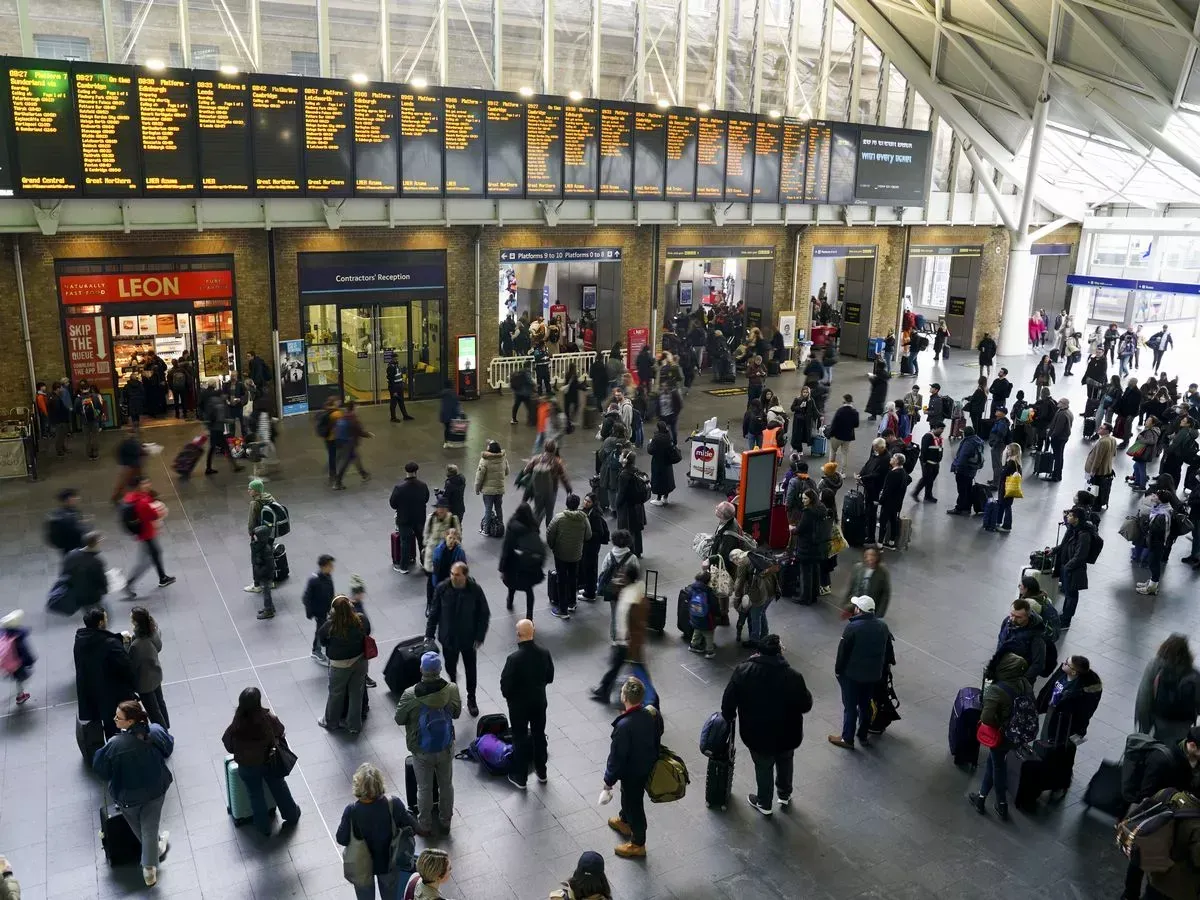Islamophobic Cyberattack Hits UK Railway Wi-Fi Systems
British police investigate a cyberattack displaying Islamophobic messages on Wi-Fi at major UK railway stations. The incident affected 19 stations, with services temporarily suspended for security checks.

On September 25, 2024, at approximately 5:03 PM GMT, a cyberattack targeting Wi-Fi systems at major UK railway stations displayed Islamophobic messages to passengers. The British Transport Police promptly launched an investigation into this incident, which affected 19 key stations across the country.
Network Rail, the organization responsible for managing tracks and train hubs, reported that the Wi-Fi services remained offline the following day. The affected stations included prominent locations such as London Bridge, London Euston, Manchester Piccadilly, and Edinburgh Waverley.

The Wi-Fi system, managed by communications group Telent Limited, was swiftly taken offline after passengers reported seeing the offensive message. Telent assured that no personal data was compromised during the attack. The company stated that an unauthorized change had been made to the Network Rail landing page, provided by Global Reach, from a legitimate administrator account.
This incident highlights the growing concern of cyberattacks on public infrastructure, which have seen a 400% increase from 2019 to 2024. It also underscores the importance of robust Wi-Fi security measures, which have evolved significantly since the technology's inception in 1991 by NCR Corporation/AT&T in Nieuwegein, Netherlands.
The attack comes amid heightened tensions in Britain, following a wave of anti-Muslim riots across the country during the summer of 2024. These disturbances were triggered by the tragic killing of three young girls, initially falsely attributed to an Islamist migrant due to online misinformation. Islamophobia in the UK has been a growing concern, with reported incidents increasing by 50% between 2019 and 2024.
Network Rail expects the Wi-Fi service to be restored over the weekend of September 28-29, 2024, once final security checks are completed. This incident affects millions of passengers, considering that stations like London Waterloo handle over 94 million annual passengers as of 2023.
The British Transport Police, a national special force responsible for policing railways and light-rail systems in England, Scotland, and Wales, is working closely with Network Rail to investigate this Islamophobic cybersecurity incident "at pace". Their efforts are supported by the UK's Counter Terrorism Internet Referral Unit, established in 2010 to combat online extremism.
This attack on railway Wi-Fi systems serves as a stark reminder of the vulnerabilities in public digital infrastructure. As Wi-Fi technology has progressed from its early days of 2 Mbit/s link speeds in 1997 to the current Wi-Fi 6E standard offering speeds up to 9.6 Gbps, so too have the sophisticated methods of cyber attackers.
The incident affected some of the UK's most historic and busiest railway stations. London Bridge, the oldest railway station in central London, opened in 1836, while Manchester Piccadilly, dating back to 1842, handles over 30 million passengers annually. Edinburgh Waverley, uniquely named after a novel by Sir Walter Scott, was also impacted.
As the investigation continues, this event serves as a crucial reminder of the ongoing challenges in securing public Wi-Fi networks and the importance of swift response to cyber threats in an increasingly connected world.


































